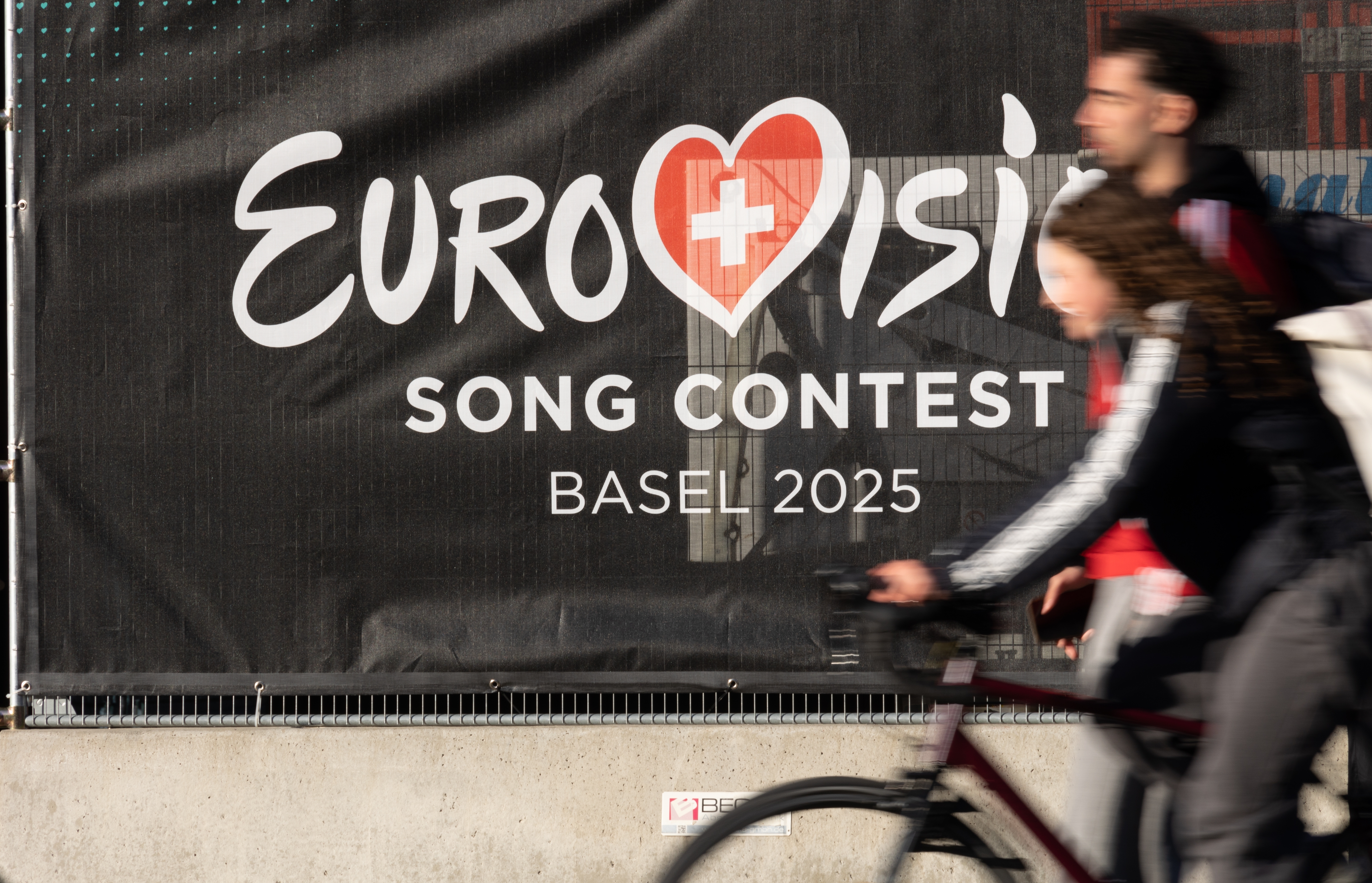Israel’s Big Eurovision Win in Europe—And the Hatred Behind It
Despite antisemitic undertones and political hostility, Israelis still seek cultural belonging on a continent that both embraces and rejects them.

A persistent tension haunts Israeli perceptions of Europe. On the one hand, there's a deeply rooted sense - borne of history and reinforced by present-day politics - that Europe is antisemitic, anti-Israel, and often openly hostile. On the other hand, this past week saw Israel's representative at Eurovision, Yuval Raphael, finish second overall - and first in the public vote.
This paradox only deepens the longstanding ambivalence many Israelis feel toward Europe. It's a continent they love to visit and vacation in, but also one where they feel, at best, foreign - and at worst, unwelcome.
This contradiction was thrown into sharp relief by the Eurovision contest itself, marred by a series of ugly antisemitic incidents that cast a dark shadow over the competition. These ranged from online abuse to blatant political gestures on stage and in the audience, including the waving of Palestinian flags - a practice permitted by organizers, while Israeli symbols faced restrictions.
Even more troubling was the conduct of the British broadcaster, which openly blurred the lines between politics and entertainment in a way that amplified anti-Israel sentiment.
All of this raises a difficult question: If Europe really is as hostile as it often seems, how do we explain Israel’s success in a popular vote?
The answer, it seems, lies in the dual identity of Eurovision as both a cultural spectacle and a symbolic battlefield. In many ways, liberal, secular Europe uses events like Eurovision as a kind of alternative arena - a space to engage with "the idea" of Israel and the Jewish people, often in ways that counterbalance the continent's official political stance.
From this angle, Israel becomes not just a competitor, but a stand-in for Western identity itself - especially as European societies grapple with rising Islamic extremism and demographic change.
Voting for Israel, then, becomes a way for many Europeans to affirm a version of the West they feel is under threat.
But here lies the uncomfortable truth: What happens when Europe no longer needs Israel as a cultural or ideological buffer? Will affection for Israel persist if it stops serving as a symbol in Europe’s own internal struggle?
This question casts a troubling light on the recent behavior of Amichai Chikli, Israel’s minister of diaspora affairs, who collaborated with elements of the European far-right. Such partnerships risk undermining the very legitimacy Israel seeks on the global stage.
Add to this the recent election of a new pope and the renewed attention on Europe’s religious and cultural roots. Has the continent truly reckoned with the historical myths that fuel its antisemitism? Has it done the work of dismantling the narratives that demonize Jews and isolate Israel? Probably not.
Yes, culture is not politics. And friendship based on a shared enemy is not real alliance. But for now - it may be the only kind we’ve got.